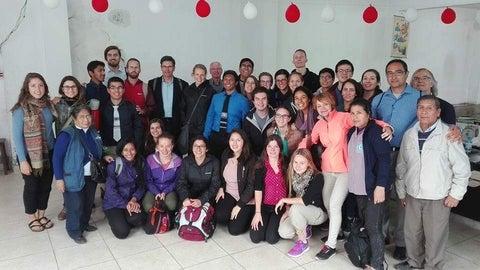
Ever since she travelled to Brazil on vacation, Heidi Fernandes has had a passion for global health.
I was struck by the slums of Rio de Janeiro and knew then I wanted to help people in life. It actually became one of the reasons I chose pharmacy as a career.
In July 2016, Heidi put that desire to make positive change into action. She, along with 20 other healthcare professionals and students, travelled to Lima as part of McMaster University’s Medical School and Brock University’s Solidarity Experiences Abroad (SEA). In the community of Pamplona Alta (pictured below), the SEA team established three medical clinics over the course of two weeks, providing free healthcare services to residents.
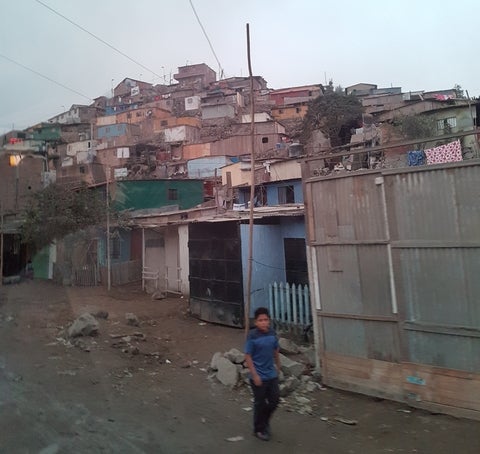
Running a clinic in Lima
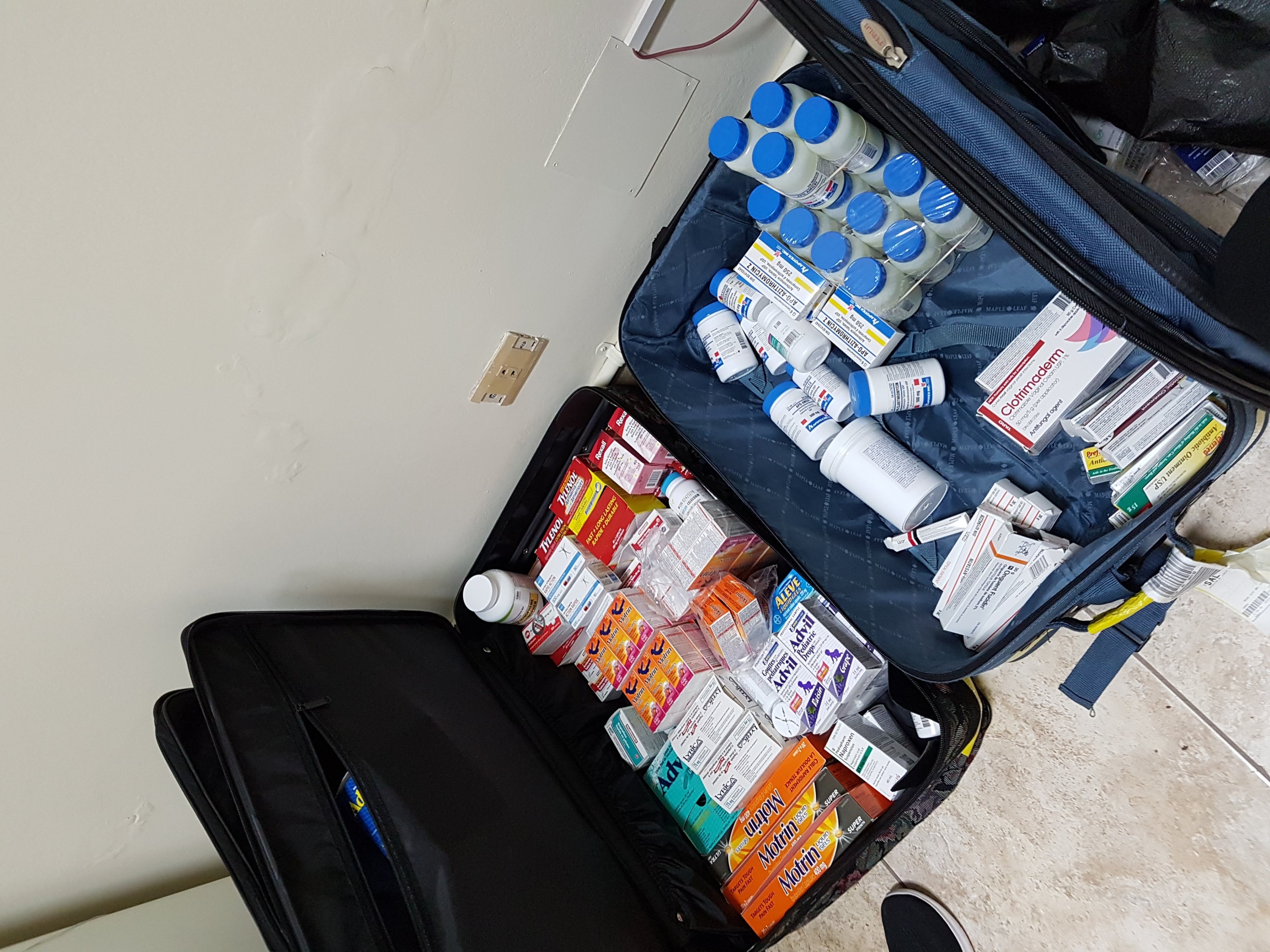
The clinics established by SEA served over 900 patients in just 8 working days. Heidi’s days were full from start to finish, but her average day looked very different from practicing out of a Canadian health clinic. SEA transported medications and vitamins in large suitcases and had to reorganize them for each clinic.
Common medications were actually the most valuable. Those found over the counter in Canada, such as analgesics, multivitamins, and lubricating eye drops.
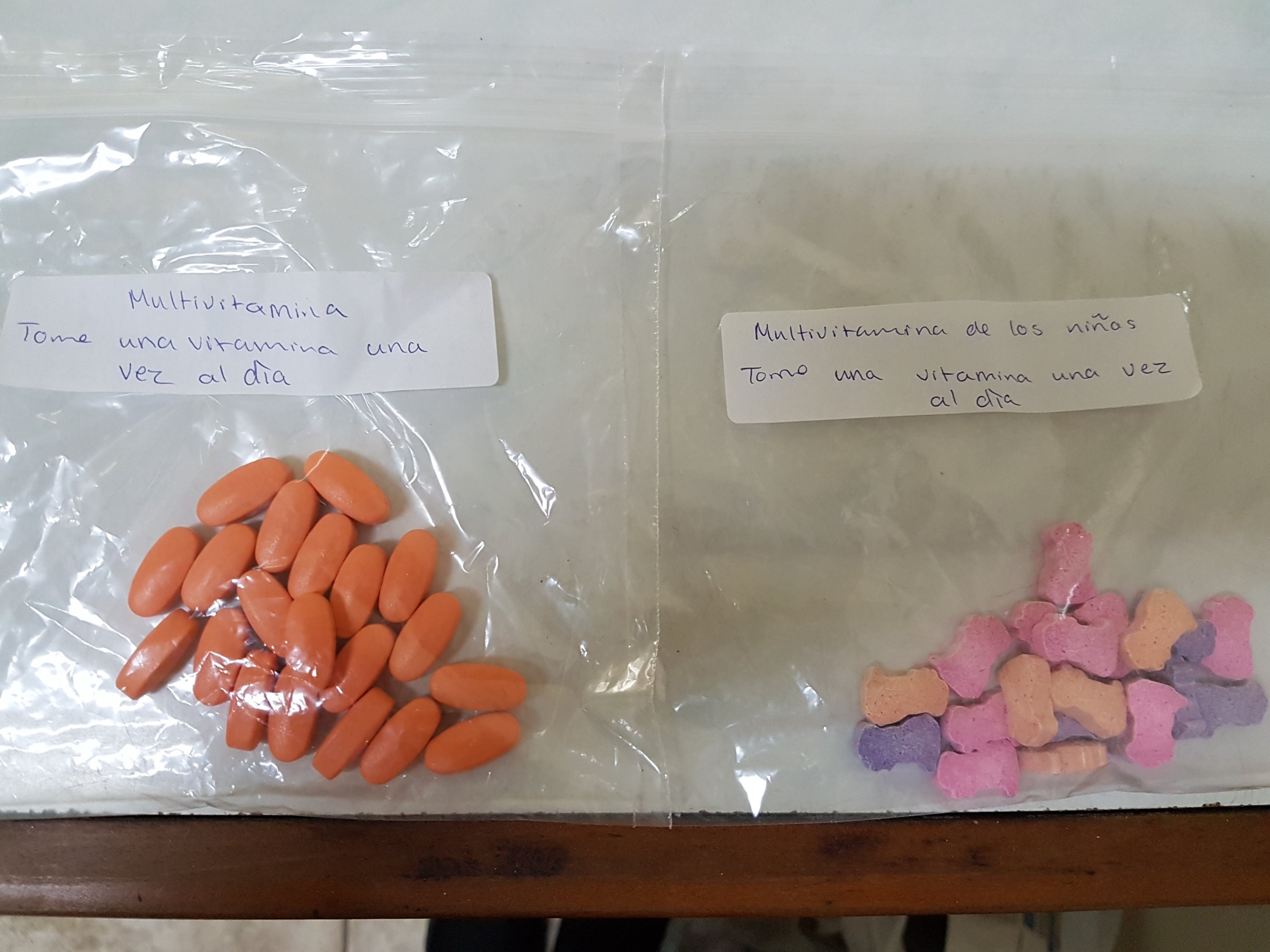
Because many Peruvians do not have access to clean water, poor hygiene results and thus medications to treat parasite infections were also in high demand. Heidi ensured that these medications were labelled in Spanish with the drug name and instructions.
With limited supplies and time, resourcefulness was essential in this setting. Karl Stobbe, Heidi’s supervisor on the trip and the Regional Assistant Dean of the Niagara campus of McMaster’s medical school, was impressed with her ability to think on her feet:
“Heidi ensured that the medical team was providing safe care by appropriately questioning their medication choices and doses, and found ways to build her knowledge using references she loaded on her phone, occasionally using our scarce web access to research difficult topics not covered in her portable references.”
Navigating Peru’s Healthcare System
Heidi and her fellow volunteers overcame the English-Spanish language barrier by collaborating with the Cayetano Medical School in Lima: the medical students helped run the clinic and also acted as translators.
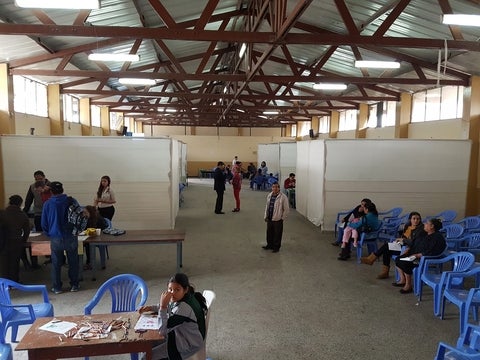
“They were more than just our translators,” Heidi reflected. “Over the course of the trip, the Cayetano students became our colleagues and partners, serving patients with us through the clinic days.”
But even with translators, the Canadian volunteers were surprised at some of the differences in the Peruvian healthcare system.
“We had one case where there were multiple generations in one household. We were treating an elderly woman with a medication covered by the public plan. But we later discovered her health insurance was taken away because her daughter was in debt.”
“Because both mother and daughter lived in the same household, the debt was seen as a reflection on everyone in that house: it determined the mother’s access to health insurance.”
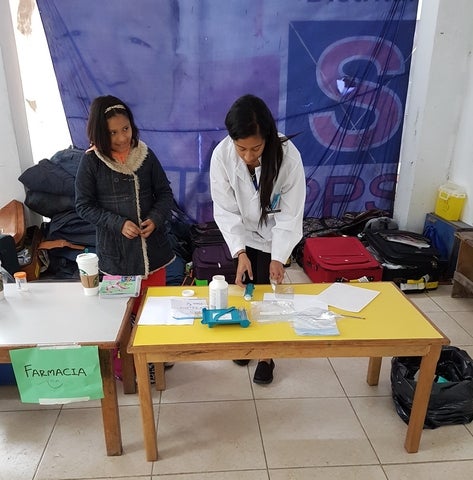
Other experiences made Heidi realize just how fortunate Canadians are in their access to care. One patient was eager to know whether or not the clinic would return to Pamplona Alta next year. The patient then revealed that yearly visits to the free clinic were the only healthcare that she received all year. The same went for many other visitors to the clinic.
They only receive medical attention when our team is in town. This realization made me feel extremely privileged to have accessible healthcare in Canada.
While her time in Peru offered Heidi the opportunity to combine her twin interests in global aid and pharmacy, it was not without its challenges.
“While this was one of the most rewarding experiences of my life, it was also one of the most difficult. Managing a pharmacy in the least ideal conditions, with limited resources and many challenges requires dedication and true passion to serve the community.”
You had to be willing to put the needs of your team and the Pamplona Alta community before your own. Then, you’ll have a chance to make a big impact on this trip.
The success of SEA's clinics would not have been possible without the generous support of numerous community pharmacies and pharmacy organizations. These groups donated medications that made a direct and positive impact on the lives of the people of Pamplona Alta.
